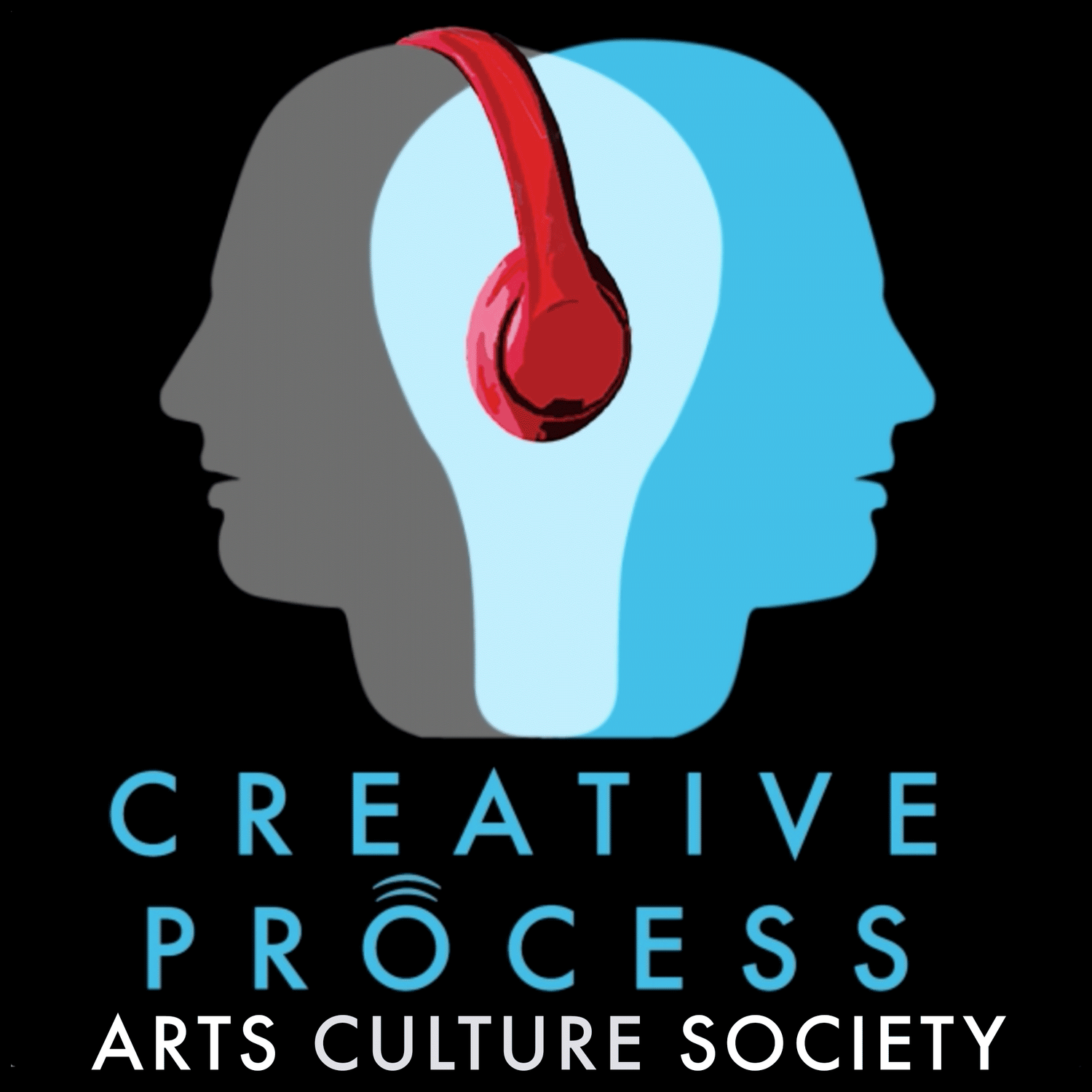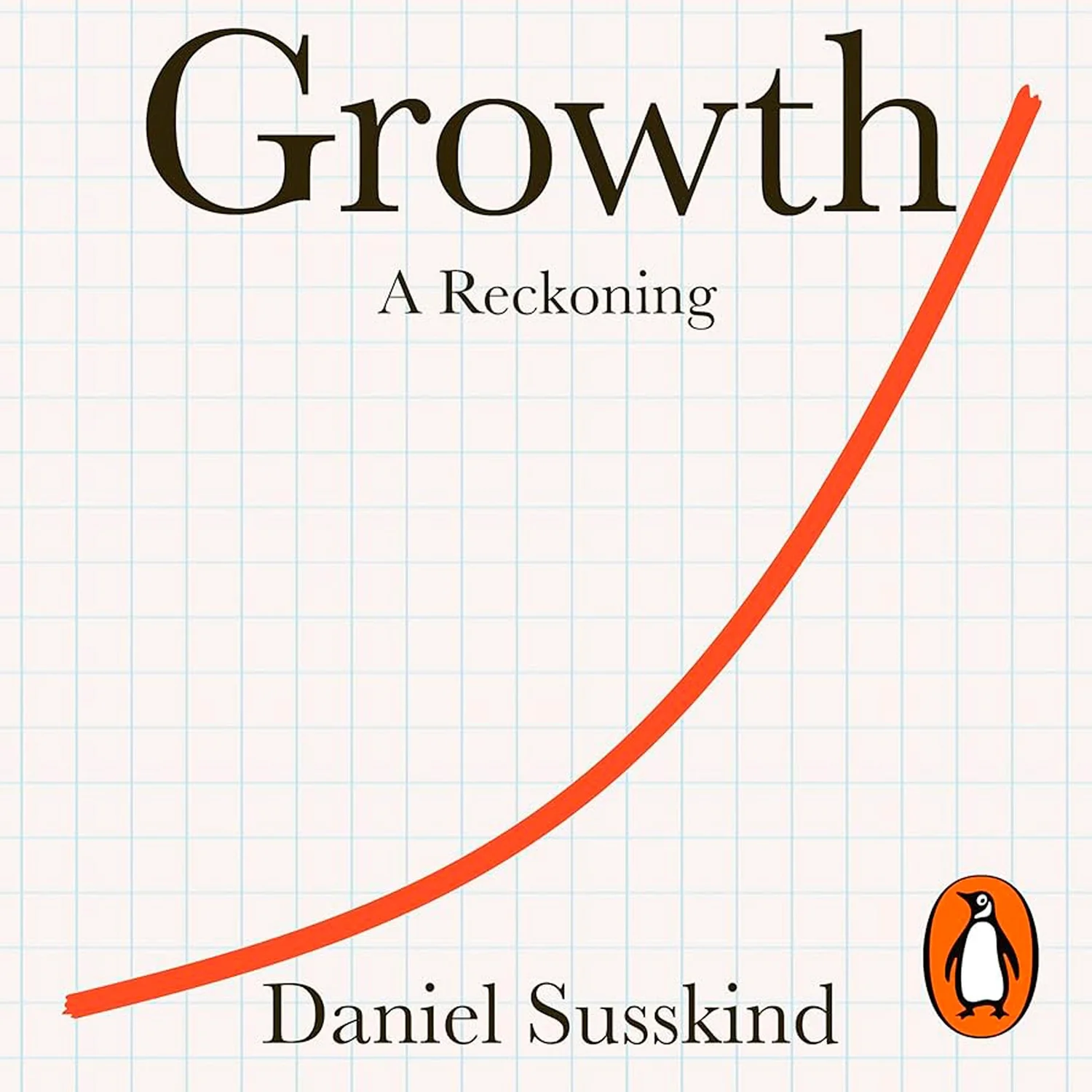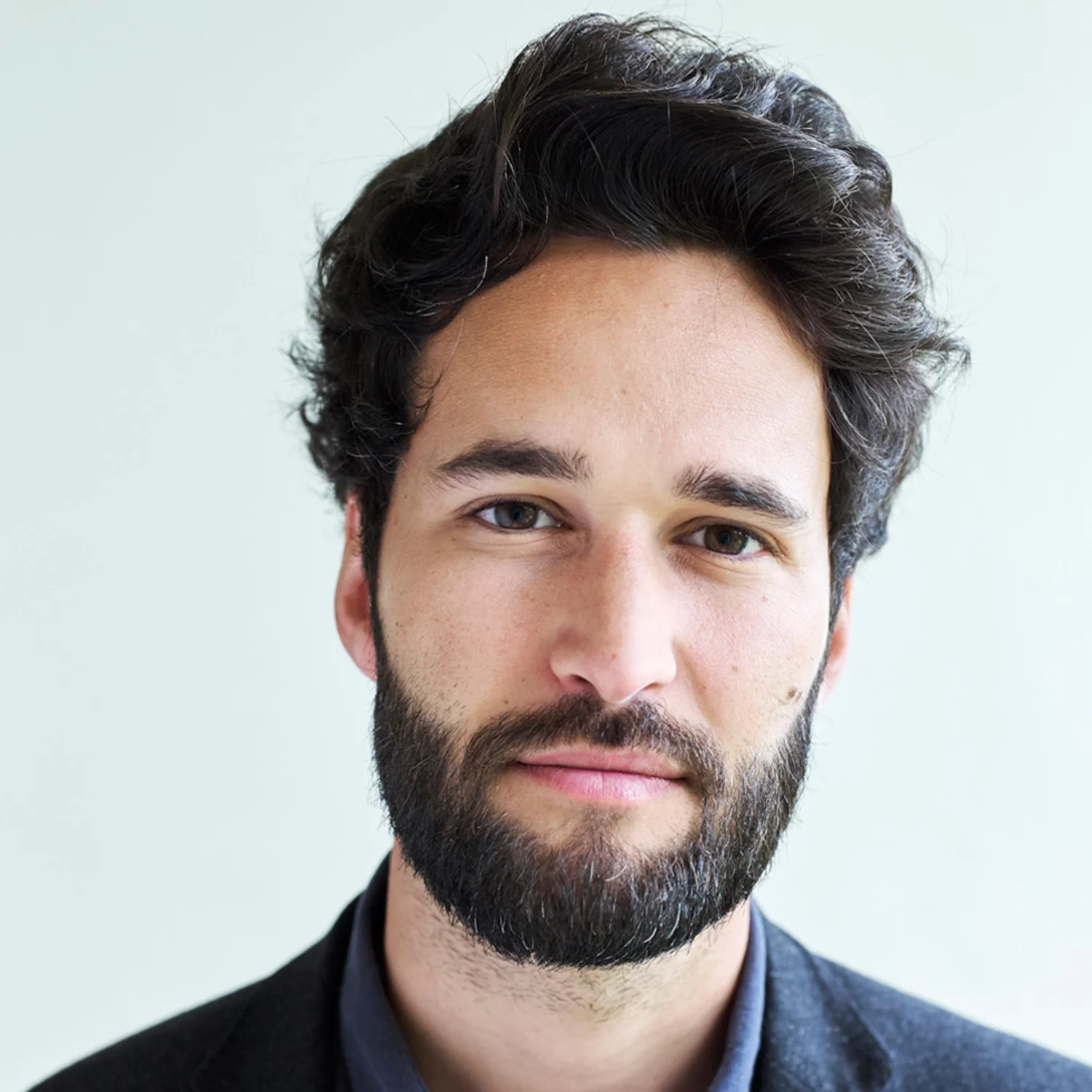
The Creative Process · Arts, Culture & Society: Books, Film, Music, TV, Art, Writing, Creativity, Education, Environment, Theatre, Dance, LGBTQ, Climate Change, Social Justice, Spirituality, Feminism, Tech, Sustainability
Author: The Creative Process - Books, Film, Music, TV, Art, Writing, Education, Environment, Theatre, Dance, LGBTQ, Social Justice, Spirituality, Feminism, Technology, AI
Subscribed: 125Played: 1,699Description
Exploring the fascinating minds of creative people. Conversations with writers, artists and creative thinkers across the Arts and STEM. We discuss their life, work and artistic practice. Winners of Oscar, Emmy, Tony, Pulitzer, Nobel Prize, leaders and public figures share real experiences and offer valuable insights. Notable guests and participating museums and organizations include: Academy of Motion Picture Arts and Sciences, Neil Patrick Harris, Smithsonian, Roxane Gay, Musée Picasso, EARTHDAY-ORG, Neil Gaiman, UNESCO, Joyce Carol Oates, Mark Seliger, Acropolis Museum, Hilary Mantel, Songwriters Hall of Fame, George Saunders, The New Museum, Lemony Snicket, Pritzker Architecture Prize, Hans-Ulrich Obrist, Serpentine Galleries, Joe Mantegna, PETA, Greenpeace, EPA, Morgan Library and Museum, and many others.
The interviews are hosted by founder and creative educator Mia Funk with the participation of students, universities, and collaborators from around the world. These conversations are also part of our traveling exhibition.



























To listen podcast from well-know people with a lot of experience brings me not only inspiration but also motivation to move, to follow my dreams and goals. I'm a student and now writing a research about pop culture. Thanks to your pod casts and free essay ideas https://samploon.com/free-essays/pop-culture/ I can finish my work easily. Please keep sharing your knowledge and experience. I'm looking forward to a new podcast!